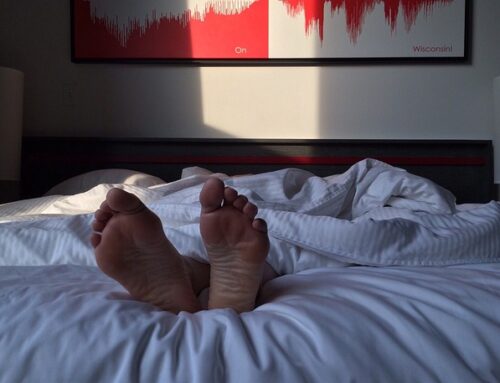A recent study funded by the National Institutes of Health (NIH) revealed a significant link between obstructive sleep apnea and an increased risk of long COVID in adults. The study, conducted using electronic health records of over 2.2 million Americans with COVID-19, demonstrated that adults diagnosed with obstructive sleep apnea were up to 75% more likely to exhibit persistent symptoms associated with long COVID compared to those without the sleep disorder.
The research, part of the NIH’s Researching COVID to Enhance Recovery (RECOVER) Initiative and published in the journal SLEEP, suggests the importance of close monitoring for adults with sleep apnea after recovering from COVID-19. The findings also contribute to understanding why certain individuals are more susceptible to developing post-viral syndrome following acute infections.
What the data shows
Derived from the RECOVER Initiative’s electronic health record research networks, the data showed that adults with obstructive sleep apnea were significantly more prone to experiencing long COVID symptoms, even after controlling for factors such as COVID-19 severity, age, sex, race, ethnicity, and underlying medical conditions.
Additionally, the study noted gender differences. Women diagnosed with obstructive sleep apnea have an 89% increased likelihood of long COVID, compared to a 59% increased chance for men. The reasons behind these associations remain unclear, but the study underscores the importance of ongoing research in understanding the interplay between sleep disorders, COVID-19, and long-term health outcomes.





